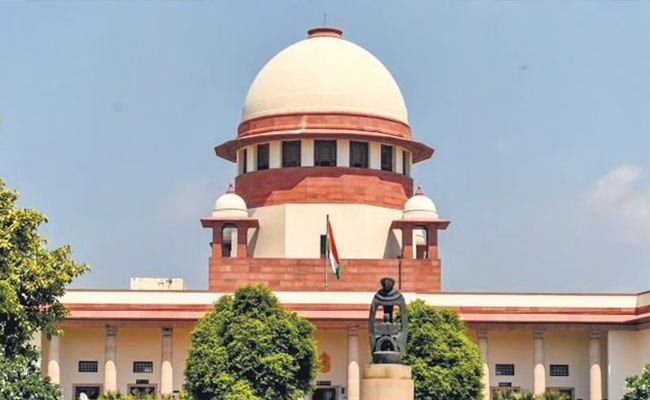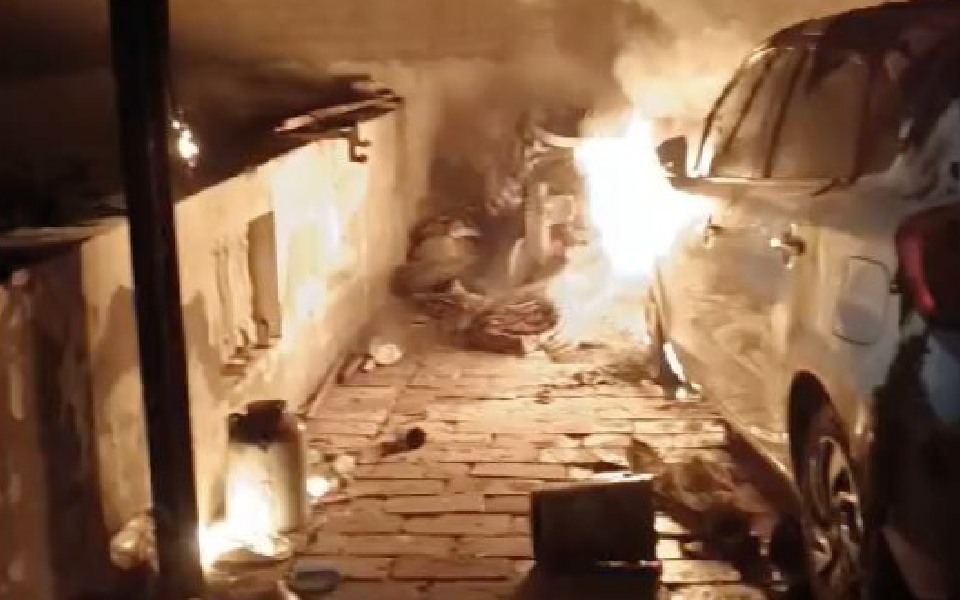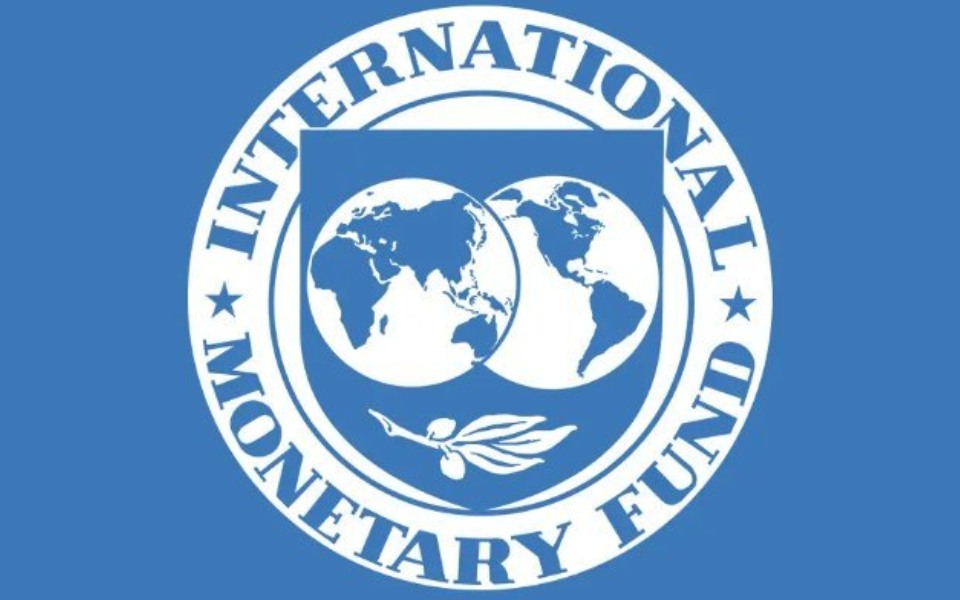New Delhi: The Supreme Court ruled on Friday that merely insulting or intimidating a member of a Scheduled Caste (SC) or Scheduled Tribe (ST) does not constitute an offense under the Scheduled Castes and Scheduled Tribes (Prevention of Atrocities) Act, 1989, unless there is a specific intent to humiliate the individual based on their caste identity.
The judgment was delivered while granting anticipatory bail to Shajan Skaria, editor of the YouTube channel "Marunadan Malayali," who was accused of violating Section 3(1)(r) of the SC/ST Act for allegedly making derogatory remarks against P.V. Sreenijin, a Communist Party of India Marxist MLA from Kerala and a member of a Scheduled Caste community. Sreenijin alleged that the video was uploaded with the intent to humiliate him publicly, knowing that he belongs to the Pulaya community, which is classified as a Scheduled Caste. The video criticised the administration of a sports hostel managed by Sreenijin.
The Supreme Court clarified that mere knowledge of the victim's caste is insufficient to invoke the Act's provisions. The insult or intimidation must be directly related to caste identity and intended to perpetuate caste-based discrimination or untouchability. The court found that the transcript of the video did not indicate that the remarks were made solely because Sreenijin belongs to a Scheduled Caste.
Justice Pardiwala, who delivered the judgment along with Justice Manoj Misra, observed that the SC/ST Act is meant to address offenses targeting individuals specifically because of their caste status. However, the law does not apply to every instance where an SC/ST person is insulted or intimidated unless the act is intrinsically tied to their caste identity. The court noted, "Not every intentional insult or intimidation of a member of an SC/ST community will result in a feeling of caste-based humiliation." Only cases where the insult or intimidation is linked to practices of untouchability or reinforces notions of caste superiority can be prosecuted under the Act.
The court concluded that the accusations against Skaria did not meet the criteria for prosecution under the SC/ST Act, as the intent behind the video did not appear to be caste-related. "The video has nothing to do in general with the members of Scheduled Castes or Scheduled Tribes. His target was just the complainant alone," the court reasoned.
Let the Truth be known. If you read VB and like VB, please be a VB Supporter and Help us deliver the Truth to one and all.
New Delhi, May 9 (PTI): Pakistan on Friday continued sending swarms of drones across the Indian border, with the military saying drones were sighted in 26 locations, ranging from Baramulla in north Kashmir to Bhuj in Gujarat.
The military said drones were spotted in Baramulla, Srinagar, Avantipora, Nagrota, Jammu, Ferozpur, Pathankot, Fazilka, Lalgarh Jatta, Jaisalmer, Barmer, Bhuj, Kuarbet and Lakhi Nala.
"Drones have been sighted at 26 locations ranging from Baramulla in the north to Bhuj in the south, along both the International Border and the Line of Control with Pakistan," it said.
These include suspected armed drones posing potential threats to civilian and military targets, it added.
"The locations include Baramulla, Srinagar, Awantipora, Nagrota, Jammu, Ferozpur, Pathankot, Fazilka, Lalgarh Jatta, Jaisalmer, Barmer, Bhuj, Kuarbet and Lakhi Nala," the military added.
"Regrettably, an armed drone targeted a civilian area in Ferozpur, resulting in severe injuries to members of a local family," a military official said.
The injured have been provided medical assistance and the area has been sanitised by security forces. "The Indian Armed Forces are maintaining a high state of alert, and all such aerial threats are being tracked and engaged using counter-drone systems," said the official.
The situation is under close and constant watch, and prompt action is being taken wherever necessary, he said.
"Citizens, especially in the border areas are advised to remain indoors, limit unnecessary movement, and strictly follow safety instructions issued by local authorities. While there is no need for panic, heightened vigilance and precaution are essential," the official said.





